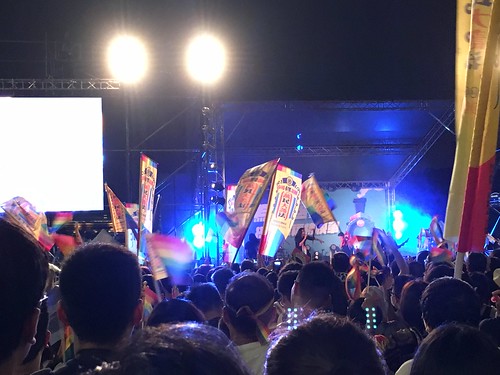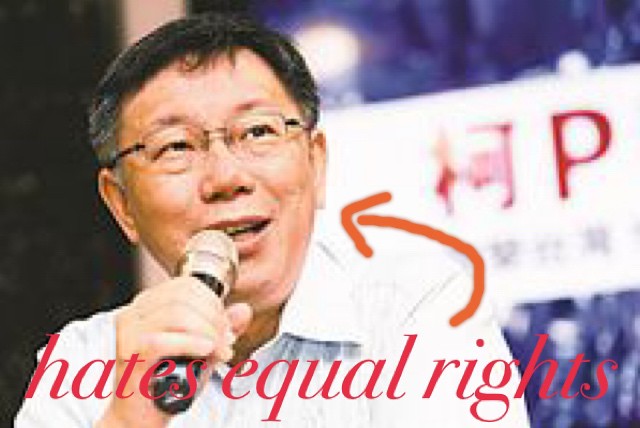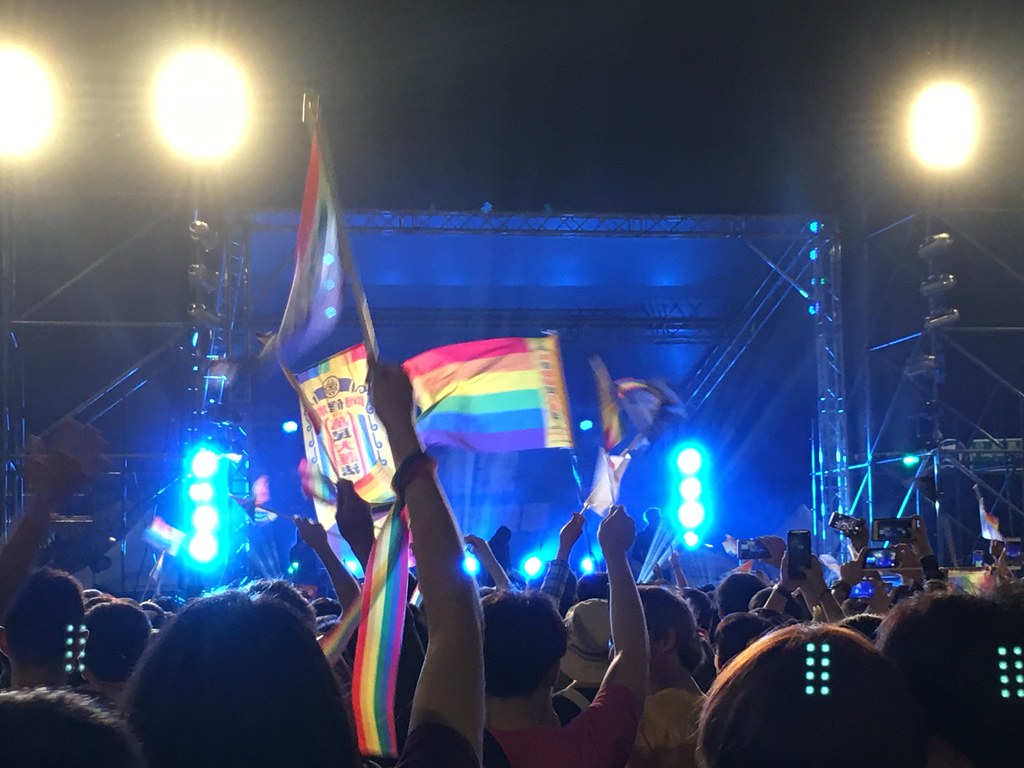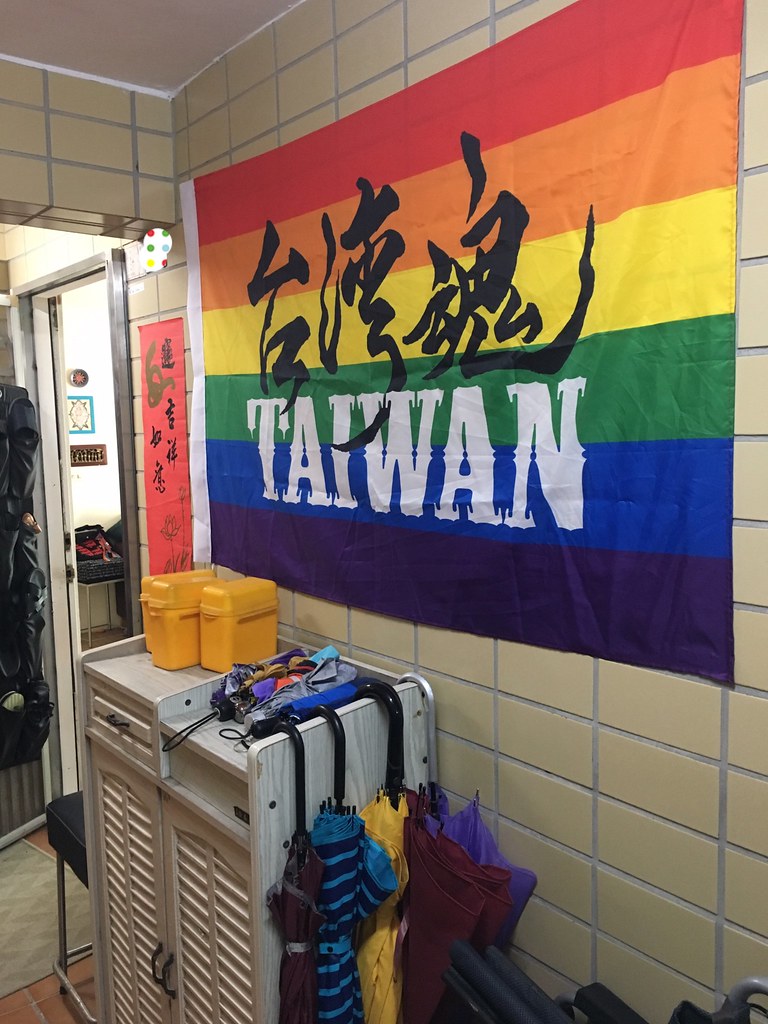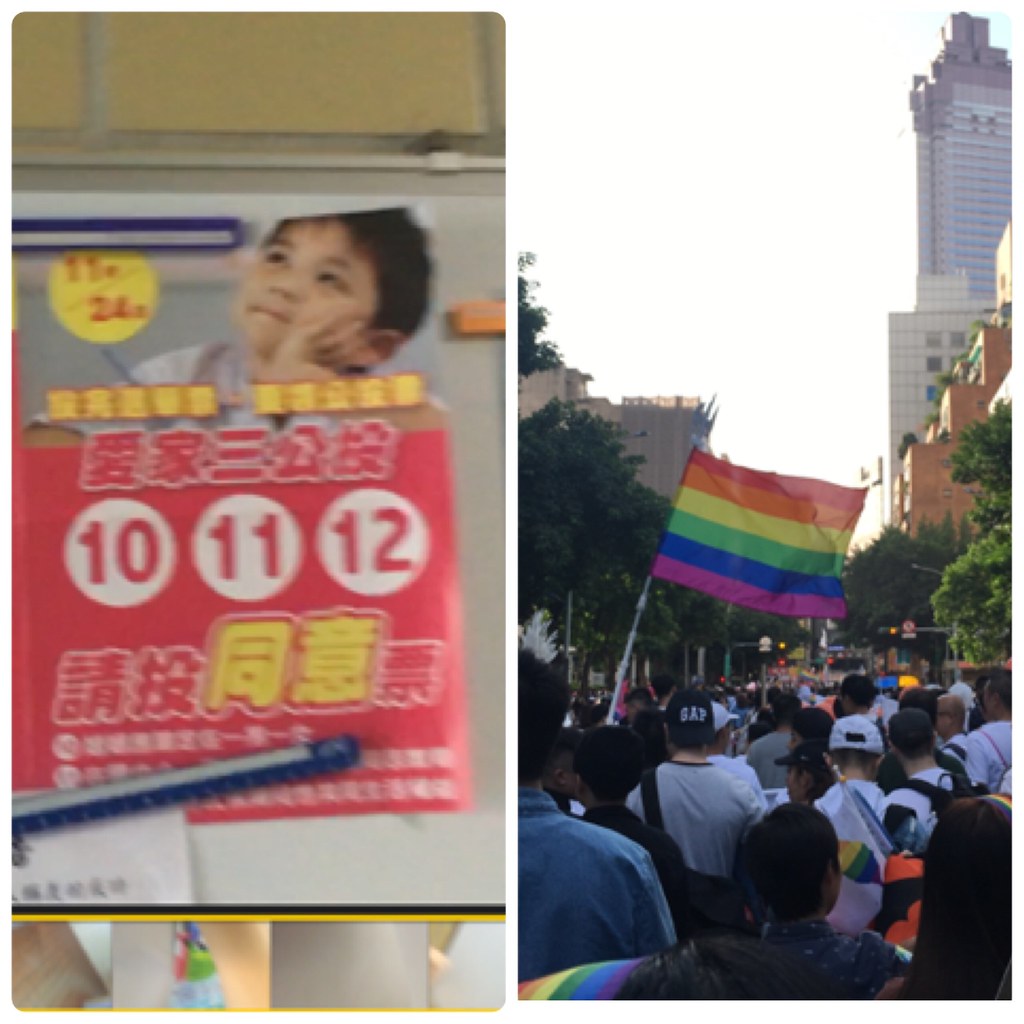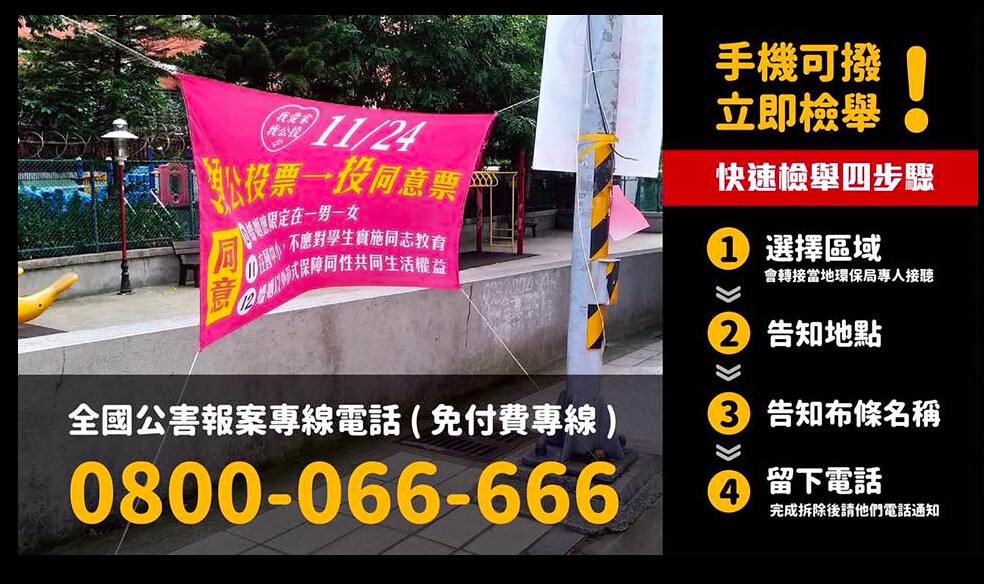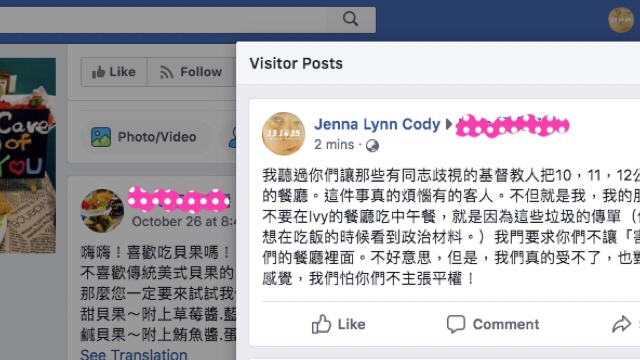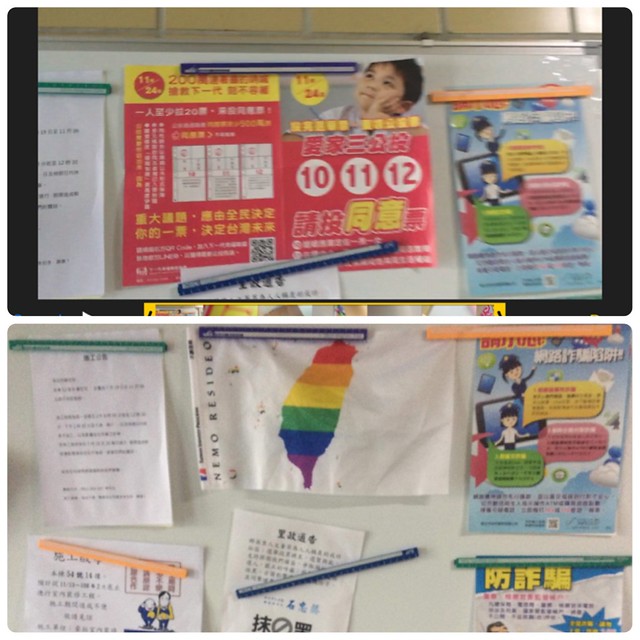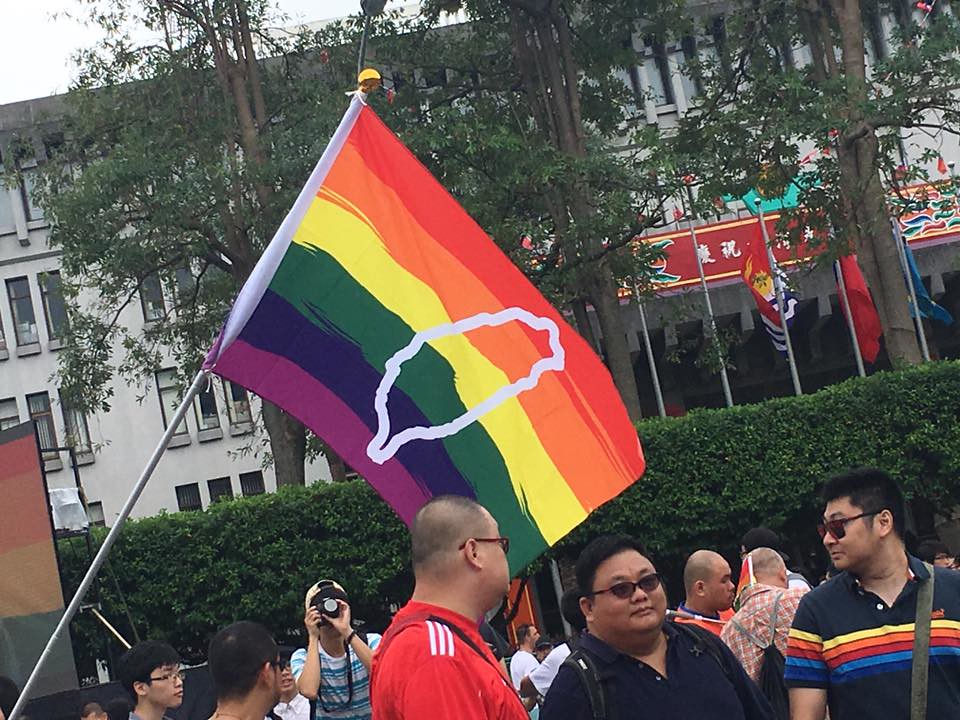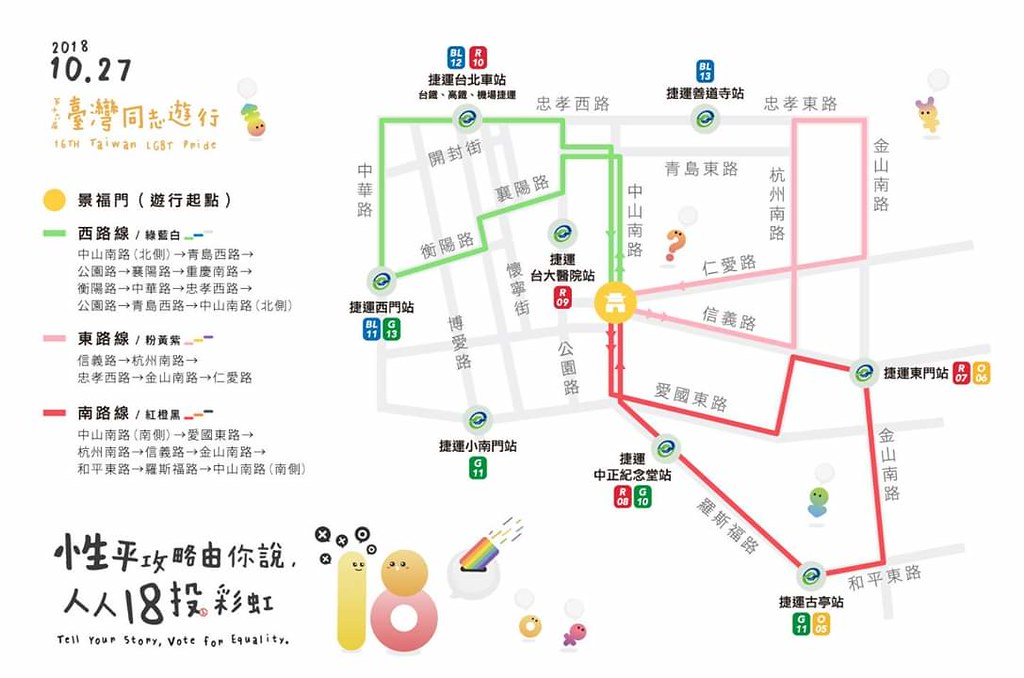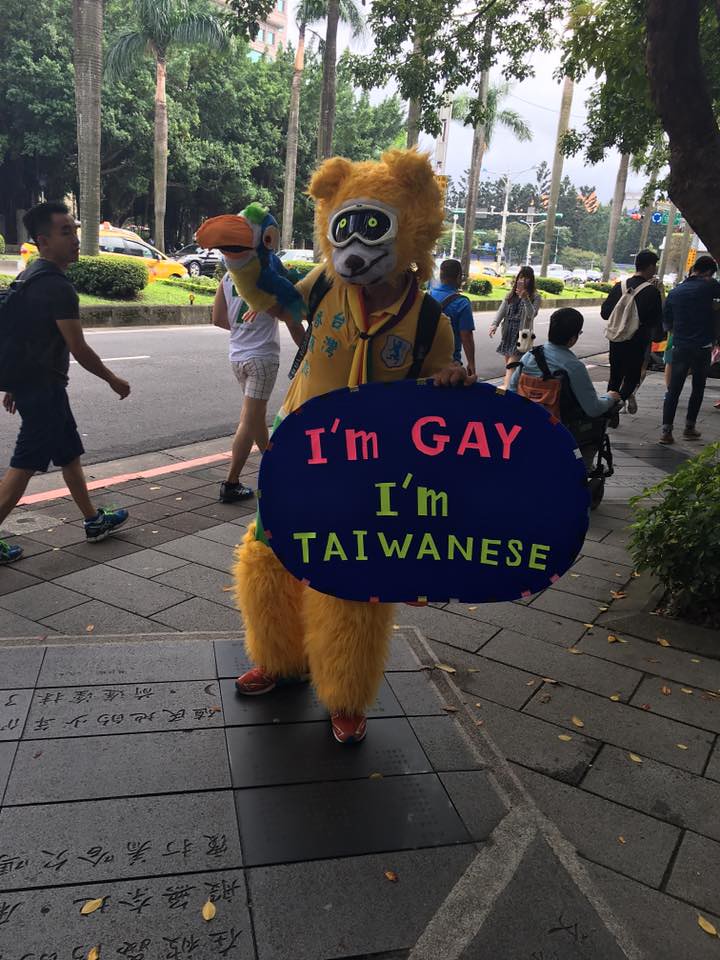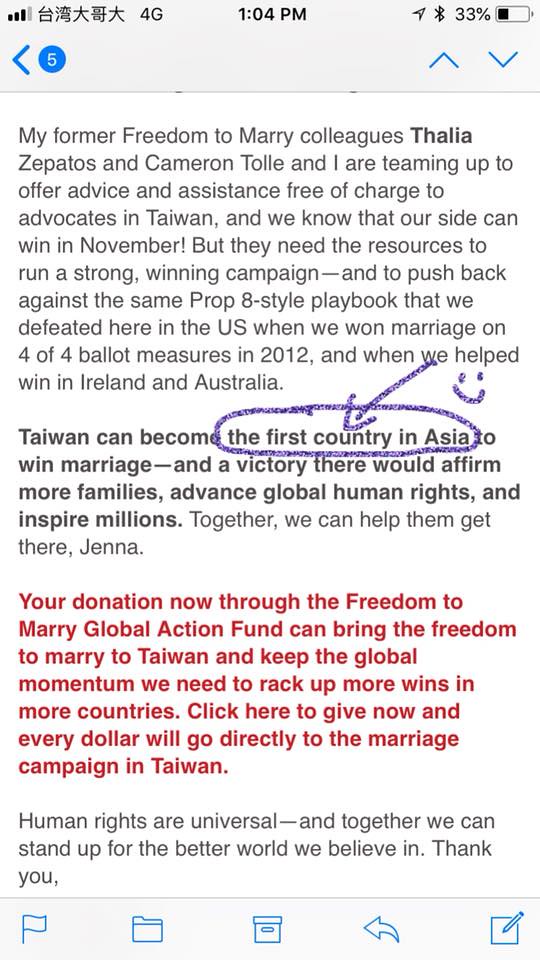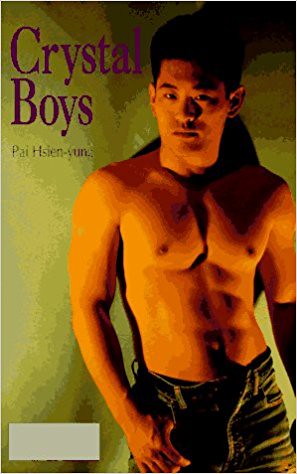This isn't a rhetorical question, nor is it meant to imply that those who are unhappy at the seemingly slow pace of the Tsai administration on making marriage equality a reality should not be. It's a sincere question, and worth diving into.
First, a backgrounder:
on May 24th, Taiwan's judiciary ruled that, as the Constitution of the Republic of China guaranteed equality for all citizens, that this must include marriage for all citizens, and therefore marriage equality must be allowed in Taiwan. However, instead of this ruling taking immediate effect, the court gave the government 2 years to enact a law addressing this, or amend the civil code. If they do not, after the two years are up (so, May 24 2019) the civil code will simply be interpreted to include both same-sex and opposite-sex couples.
The ruling was handed down six months ago, and so far the government has not taken action. A marriage equality bill
was not included in legislation deemed a 'priority' by the Legislative Yuan in their current session, although newly-appointed Premier
Watermelon William Lai has said that the a
marriage equality bill will be filed by the end of the year and has vowed to "
realize" same-sex marriage in Taiwan.
None of this should matter, in theory. The court has spoken and the legislators and Tsai could sit around with their thumbs up their butts and the result would be the same - if they don't act we get marriage equality anyway. In 18 months no less - not that long in the grand scheme of politics.
In fact, Frozen Garlic made the argument -
and I largely agree - that the DPP is actually on our side when it comes to marriage equality (scroll down to find the relevant information in that link). They know that passing a civil code amendment is politically infeasible given that a large portion of their support are older southern pro-independence social conservative sore losers who know they've lost but don't want the civil code changed nonetheless. They also know that passing a law papering over the civil code won't please pro-equality activists who want to see a more fundamental change.
In fact, it's notable that the DPP legislators
who are openly pro-marriage equality are almost entirely party list. Elected ones? Not so much.
So what is the DPP to do, considering these opposing forces and desire to stay in power? Nothing at all, perhaps, allowing the interpretation of the civil code to change while neither having to anger activists by passing an imperfect law, nor pissing off their more conservative supporters by proactively amending the code.
Thinking this way, you might even think they're on our side, and they might well be.
And yet, tensions are still running high and people are still unhappy with the government's lack of movement on the issue. Why? In less than 2 years they get what they want regardless.
There are a few reasons.
The first is that 18 months is a long time if the lack of equality affects you directly. People get sick and die in that time, and being married or not matters in terms of visitation, medical decisions and inheritances. or have life changes for which marriage matters to consider (for example, being offered a job abroad and wanting to bring their same-sex partner, but only being allowed to bring a spouse). I have one friend residing in Taiwan who recently married in the US, and is hoping to get his husband a marriage visa and residence permit. That is not possible until marriage equality is realized. That's quite a few visa runs at a not-insignificant expense. I have quite a bit of empathy for those whose lives are on hold despite the court ruling that Taiwan is a country that promises equality, because the government is not acting to implement the ruling. It sucks to be told "you have to wait for your basic human rights", even for just 18 months, and not even be sure at the end of that time what rights you will gain.
It stings even more to think that the reason why is because, if you are gay, some of your fellow countrymen do not fully support your equality, and the DPP is pandering to that. Their votes matter more than your humanity. It's politically pragmatic and therefore explicable - Tsai is their representative too, after all - and yet not necessarily forgivable if your life is directly affected by such political calculus. This is an idealistic take, and yet I have empathy. It's simply not persuasive to point out that this is what's happened: that's what loses progressive votes; it doesn't win them.
Another reason is simple worry over how "same-sex marriage" will shake out in reality. Note that I specifically did not say "marriage equality" here: if the government passes a law, LGBT Taiwanese are justifiably worried that the law will legalize same-sex marriage, but not necessarily grant
equality. Same-sex marriage might well not be considered to include some of the benefits associated with opposite-sex marriage: the right to adopt and to fertility treatments/artificial insemination (
currently not allowed for 'unmarried women', which same-sex female couples still technically are) are chief among these potential issues, but there are others.
However, similar questions will be raised if nothing is done by the 2-year deadline. If the civil code is simply interpreted to include same-sex marriage, how is that then interpreted in all specific details, including adoption, medical emergencies, inheritance, fertility treatment and other spousal rights?
This is understandably causing a lot of stress in the LGBT community, who can't be sure which option is better, as neither is ideal. Neither is an absolute guarantee not just of "same-sex marriage", but of full equality. There is worry that
if social momentum pushing for marriage equality does not build again, that opponents will gain ground and full equality won't be realizable. These opponents are already
going after legislators who support marriage equality as well as focusing on bogus, bigoted and frankly sexist "gender education" efforts in schools.
There is no clear solution here - if conservative blowback ensures that a proactive civil code amendment is not forthcoming, then there is nothing to do but stress out over which outcome might be worse.
There is also the sense that Tsai is, to put it bluntly, a coward or "people pleaser".
I don't necessarily agree with this, or rather, if she is a coward, this isn't the reason why (the nonsense regarding labor protections, however, is a different story).
I also don't see her as a people pleaser, given how many people she has actively displeased with her non-committal stance on marriage equality. She must be aware how many young progressives and LGBT Taiwanese are angry with her over what looks like more waffles than an Eggo factory. She and her party have likely concluded that it doesn't matter - it will happen anyway, the young progressives have no better alternative, and it's more important not to anger the southern conservatives.
However, I see the reasoning behind such vitriol.
If she is a coward on marriage equality, it's because the court ruling allowed her to be. She doesn't have to take a stand, because marriage equality will happen even if she takes none. This has given so many LGBT Taiwanese and other pro-equality activists a deeper sense of discomfort that she was given an escape hatch, a way out of having to make a tough decision, and so they doubt her.
If it really came to it, would she fight for us? If she had to? Or would she choose her more conservative voters over us, and over what's right?
We don't know, but given her muted response to LGBT activists between her inauguration and the May 24th ruling, I can't say with confidence that she would. Of course that makes those whose lives are affected by the wait for marriage equality nervous about her administration.
In fact, the lack of meaningful affirmative support for marriage equality - despite its being all but assured by the courts - is a part of the problem. Tsai (and the DPP) are not going to win the LGBT vote this way: "sure we sort of backed down on issues that affect you, but vote for us because the KMT is worse!" is simply not a winning message. Whether or not this is fair almost doesn't matter: it doesn't win votes. It's a stinker of a message, thoroughly unpersuasive.
Although the conservatives the DPP has to play to are perhaps more problematic than the moderates the Democrats tried to woo in 2016, they are making the same mistake: they're hoping a "sorry we didn't stand up for you more strongly but hey, the other guy is worse" message will win progressives in 2020. It didn't in the US in 2016 and it won't in Taiwan in 2020. Nor should it - the choice to play to your more conservative supporters may be politically calculated, but it does (and should) come with consequences.
Finally, I can imagine that many who threw their support behind her feel manipulated. Remember that during the campaign
she came out as personally in favor of marriage equality, but never actually made that an official platform of the DPP or her campaign. That gave her the ability, technically, to then not push forward with it after her inauguration. After all, she never actually promised to.
However, she gave the strong impression that she not only wanted to, but would do so. To be let down on a technicality feels like manipulation to win young progressive votes, and to some extent it is. She must have known that we had faith in her and believed she would fight for us despite never making any concrete promises. Therefore, neither she nor any political observers can be surprised when we express disappointment at, if not "backtracking", her lack of responsiveness since taking office.
I do think Tsai is the best choice for 2020 (well, if she can quit throwing labor under the bus that is), and she is certainly better than another KMT princeling. If I could vote, I would vote for her. However, if I were gay, I am not so sure I could say that. I would feel too betrayed, too manipulated, too disappointed. If I were a gay Taiwanese voter, I am not sure there is a major party I could support at all.
In the end, I don't know what the way forward is. I want marriage equality to be realized in Taiwan before mid-2019. We can and should do better by those whose lives are directly affected by the current lack of rights. I want true equality, not simply same-sex marriage. I don't know how to best realize that, and perhaps the DPP's likely calculation is correct: allowing the civil code to simply be interpreted to allow same-sex couples to wed is the best way forward for all. Perhaps it will be easier to fight battles for full, true equality if we don't have to fight to amend an imperfect law, but rather for the civil code interpretation to include that equality.
Or perhaps it really would be too much of a mess to wait until 2019 and an imperfect law now is better than none at all. I don't know.
Perhaps we need better communication from the DPP - some assurance that they are, in fact, on our side and have decided that this is the best way to help us get what we want. I can understand how nervous LGBT people in Taiwan must be absent a strong affirmation of support from the ruling party.
This is not impossible: if they really do believe that waiting for the civil code interpretation to change is to the advantage of LGBT people in Taiwan, there is a good argument to be made there that could potentially help them retain the support of young progressives. Why aren't they making it? I want them to win in 2020, so I want them to communicate better.
They need a better message, a more persuasive one. I want them to create this message and it is frustrating that they are not doing so.
All I ask is that we continue to remember that, as we debate this issue from the safety of our relative privilege, that there are people whose real lives are affected by this, right now, across Taiwan.
We may not agree with their reasons for being upset, and we may not feel that way ourselves, but we need to remember that they
are upset, and there is some justification for this. It may be hard to imagine that this is a stressful time for Taiwan's LGBT citizens and residents, given our recent victories. Yet it is.
Remember that, despite marriage equality (or at least "same sex marriage") coming no matter what thanks to the courts, that LGBT people are waiting to see exactly how much "equality" the government will decide they get. Tempers are running high, but that's understandable. I'd be upset too.
